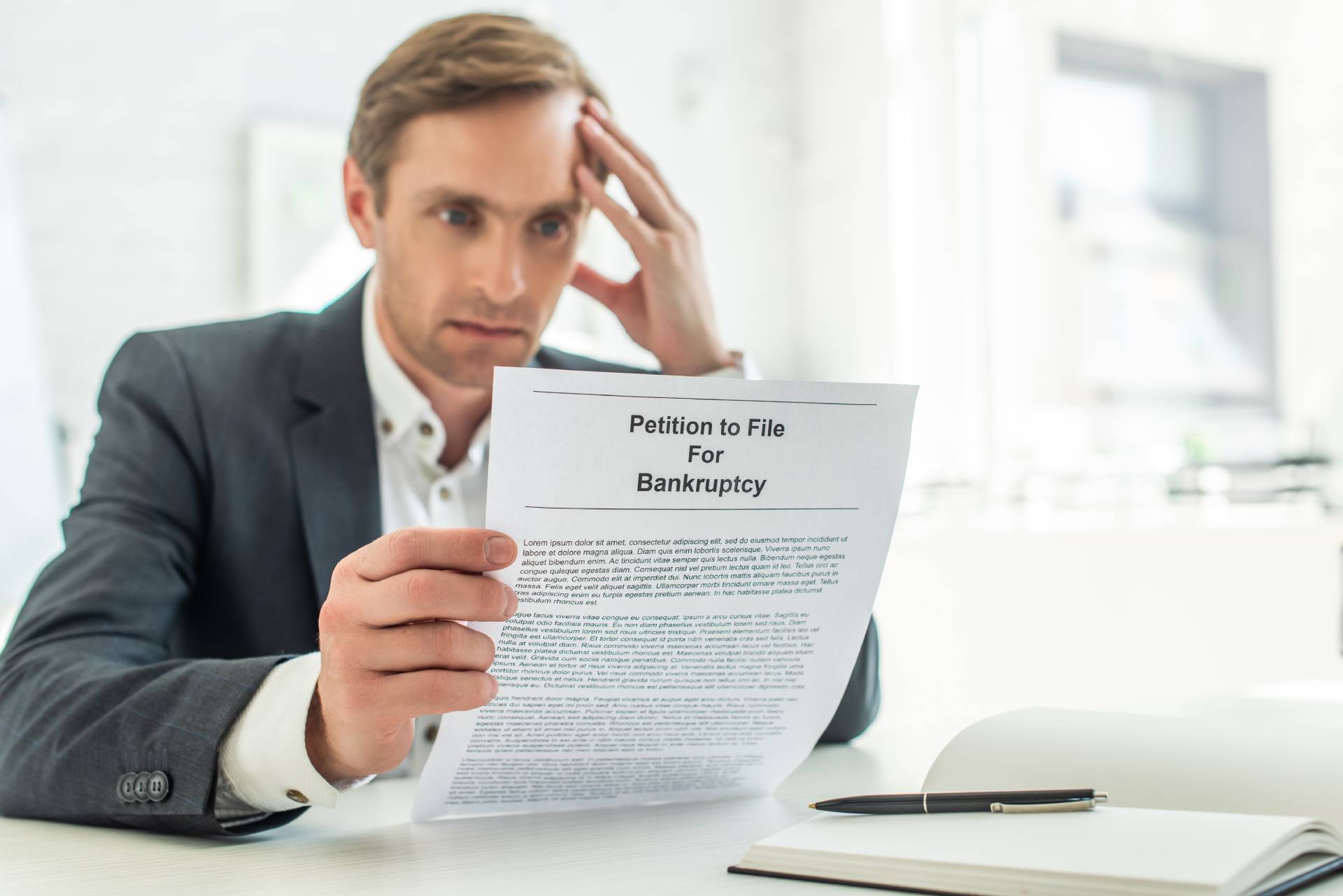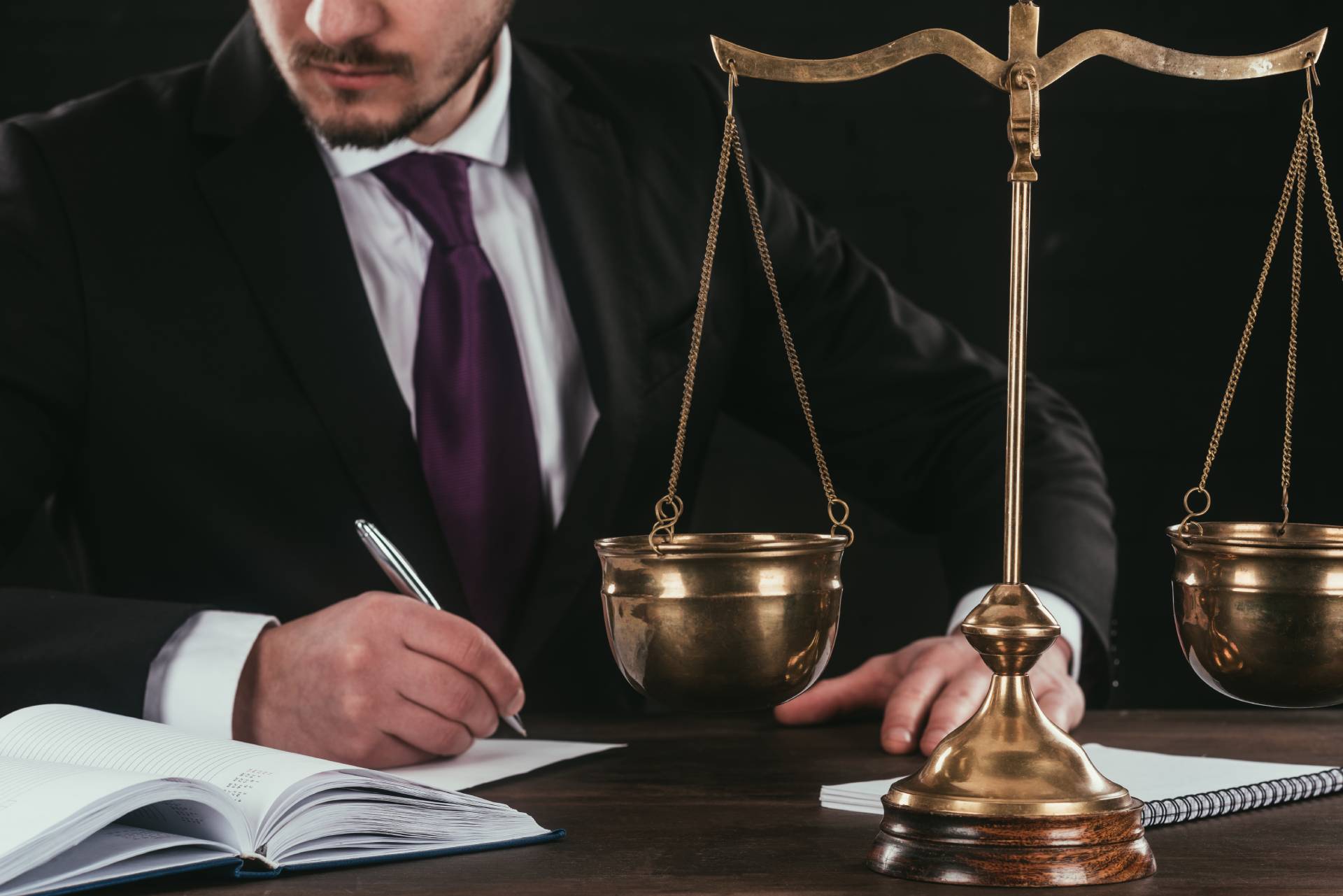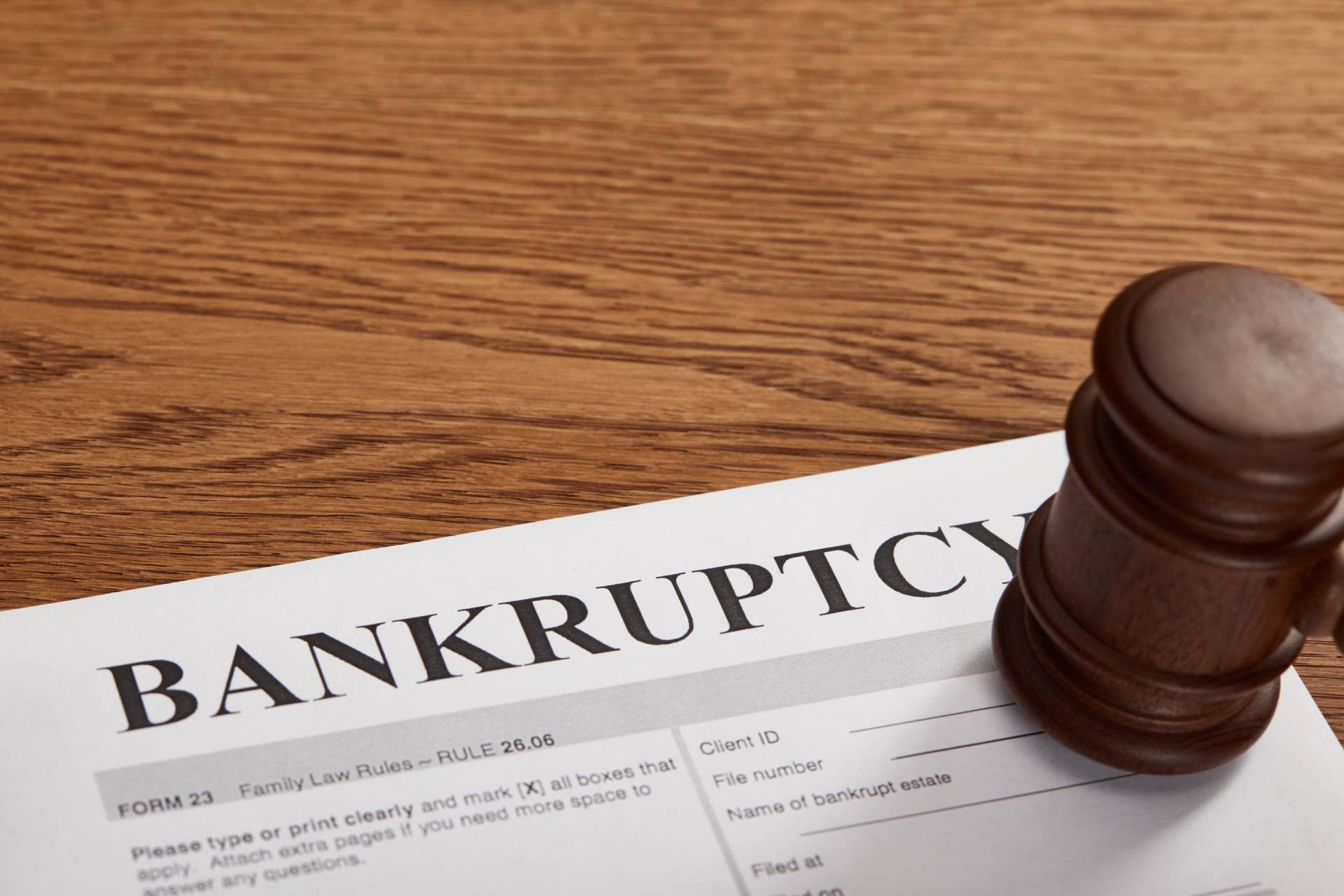What’s The Timeline I Can Expect When I File for Bankruptcy?
A standard Chapter 7 bankruptcy timeline
Step #1 – Free consultation
At the first consultation, a legal representative from the Babi Legal Group will work with you to pick the finest option for assisting you towards the best financial management. If bankruptcy is not a good fit for you, then a settlement may be an option.
However, if a bankruptcy case is the only viable option, our law firm will evaluate whether you should file Chapter 7 bankruptcy or Chapter 13 bankruptcy. The choice of which one to pursue will be determined based on your unique circumstances and ultimate goals.
Step #2 – First credit counseling course
Before a person files bankruptcy, he or she must first take a credit counseling course from an authorized credit counselor. Every bankruptcy case is required to provide a credit counseling certificate with the bankruptcy case filing and Babi Legal Group will connect you with our partnered credit counselors to complete the course by phone or online.
Here you can find the list of approved debt management providers in Michigan.
Step #3 Filing your bankruptcy petition
The bankruptcy court also requires financial papers to verify that the bankruptcy documents accurately reflect your current financial situation. Because each customer’s situation is different, your attorney will provide you with a prioritized list of documents that our office and the court will need to achieve a bankruptcy discharge.
After your documentation has been evaluated and reviewed by our attorneys, we will submit all of the required paperwork to the bankruptcy court and bankruptcy trustee. The documentation you may have to include are as follows:
- pay stubs or profit and loss statements if you are self-employed
- vehicle statements
- real property documents such as mortgage statements; recorded mortgages and deeds and property tax statements.
- bank statements
- an estimated value for real estate
- tax returns
- other certain debts
We scan all of the papers and return them at the end of your appointment if you bring only originals.
The client will come into the office once it is ready, and a lawyer will review the bankruptcy petition with him or her to ensure accuracy. After a thorough review of the petition, the client will sign it and we will submit it to the Court for electronic filing. This is done through their website and other automated technology.
Once the petition is filed, the bankruptcy automatic stay comes into action. The bankruptcy law then protects you from creditors and helps to prevent a sheriff’s sale, wage garnishment, vehicle repossession, creditor intimidation, and much more.
After your bankruptcy lawyer files your petition, you will receive a case number. Your case is assigned to a bankruptcy trustee at random.
Step #4 Second counseling course and 341 creditors meeting
A second credit counseling course must be completed once your case is filed and must be completed before you can receive a bankruptcy discharge.
The Court will schedule a 341 meeting, also known as a meeting of creditors, within days of filing the bankruptcy petition. This is when the trustee may look over your situation and ask a few questions they may have.
The 341 hearing or meeting of creditors is usually held 30 days after filing your case. In the mail, you’ll get your notice of 341 hearing as well as a reminder from our office the day before the hearing.
You must bring your driver’s license, social security card, and any other document requested by your attorney to the 341 hearing.
Step #5 Discharge of debts
After 60 days from your 341 hearing being concluded, you can start checking your mail. The official order discharging you of all your debts will be sent to you by the United States Bankruptcy Court. The bankruptcy judge will officially enter your bankruptcy discharge and the bankruptcy court will send to both you and your attorney the official discharge order.
What does a bankruptcy attorney do?
Filing for bankruptcy is one of those moments in life when you appreciate any legal advice. Having a professional attorney by your side in any bankruptcy case, whether it is Chapter 13 or Chapter 7 bankruptcy, is worth it every step of the way.
Remember that as in any attorney-client relationship, even if these are only financial affairs, any sensitive or confidential information, as well as case details, contact info, or important dates, have to be necessarily secure and remain inside the confidential relationship.
What will I learn in credit counseling?
Trusted credit counseling organizations have professionals with training and certification. An approved agency will have the court’s permission to assist you in crafting a unique strategy for addressing your financial concerns.
A one-hour consultation is generally followed by multiple follow-up sessions. A legitimate organization should provide information about its services without requiring potential customers to disclose any information about their difficulties.
How to find a trusted attorney?
In your bankruptcy timeline, finding a bankruptcy attorney should be at the top of your list.
First, be aware of any lawyer referral service. Some websites try to provide that but bear in mind they are not thinking about the excellence of a bankruptcy attorney or their professionalism.
Other websites provide attorney listings and attorney advertising by zip code search. Be careful here when third parties are offering the contact information. Choose attorneys which are recommended by people you know that have been in the same situation or by reading client reviews about that attorney or their office.
In your bankruptcy timeline, finding a lawyer that provides a free evaluation of your case is an asset. This of course does not constitute acceptance of their terms. Having free consultations might guide you to the best attorney that will help you with your bankruptcy case.
Remember once you have chosen a law firm, you have to sign a written fee agreement disclosing the services that will be provided by the attorney. Then you can continue with the next steps in your bankruptcy timeline.











